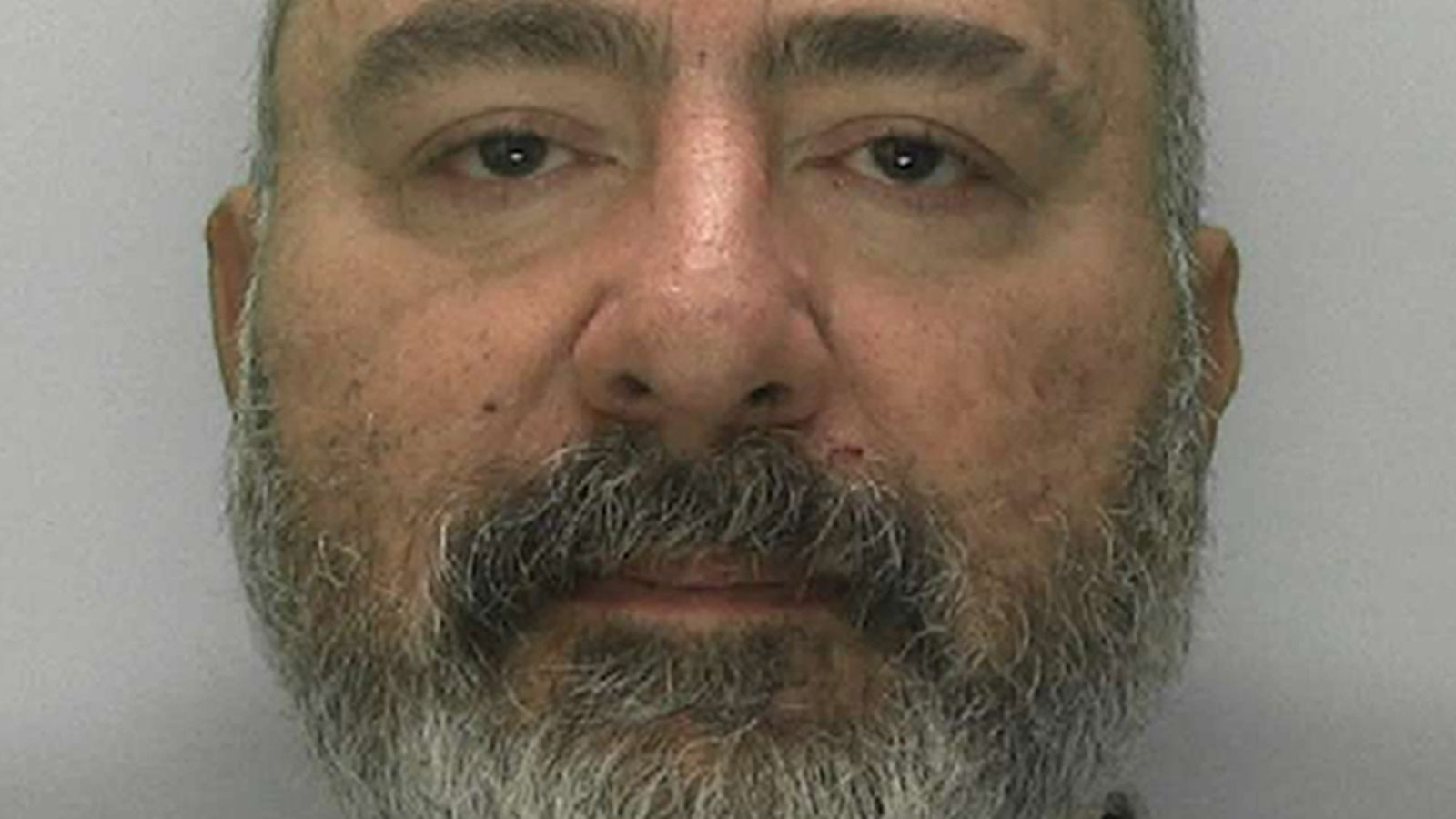A man has been jailed for at least 38 years after stabbing his neighbour to death 27 times on his front lawn in Gloucestershire.
Can Arslan, 52, fatally attacked father-of-three Matthew Boorman outside his home as he returned from work last October in Walton Cardiff.
The killing of Mr Boorman, 43, was the culmination of 12 years of threats from Arslan against his neighbours near Tewkesbury, Bristol Crown Court heard.
After attacking Mr Boorman, Arslan forced his way into the home of a second man, Peter Marsden, and stabbed him eight times.
During the trial, the court heard that after the attack Arslan told police “the voice said to me to ‘kill him“, later adding that the voice belonged to his childhood teddy bear.
Following Arslan’s guilty verdict, Mr Boorman’s family criticised the police and authorities for their “toothless and ineffective” response to the danger Arslan posed.
Months before the attack, Sarah Boorman, the wife of Matthew Boorman made a statement to police setting out a summary of the threats from Arslan, adding that she was worried about someone being murdered.
More than 150 heritage steam railways facing potential ‘critical’ shortage of coal
Tewkesbury stabbings: Can Arslan found guilty of murdering neighbour in knife attack after more than a decade of threats
South Gloucestershire: Police appeal after more than 20 cars set on fire including some in Rolls Royce car park
Arslan made counter-allegations, accusing the family of racially abusing him and told police “I will murder him”, the day before he attacked Mr Boorman.
Arslan had been harassing Mr Boorman and other people living on a new-build development for years and had been charged with harassment just a week before the killing.
He denied murdering his neighbour on the grounds of diminished responsibility.
In response to Arslan’s claim that his childhood teddy bear “told him to kill” Mr Boorman, forensic psychologist Dr John Sandford told jurors he was “sceptical” of this and did not consider Arslan to be mentally ill and didn’t need to be in hospital.
During the trial, the court heard that Arslan was not mentally ill or in the grip of psychosis, but that he had been diagnosed with a personality disorder.






















